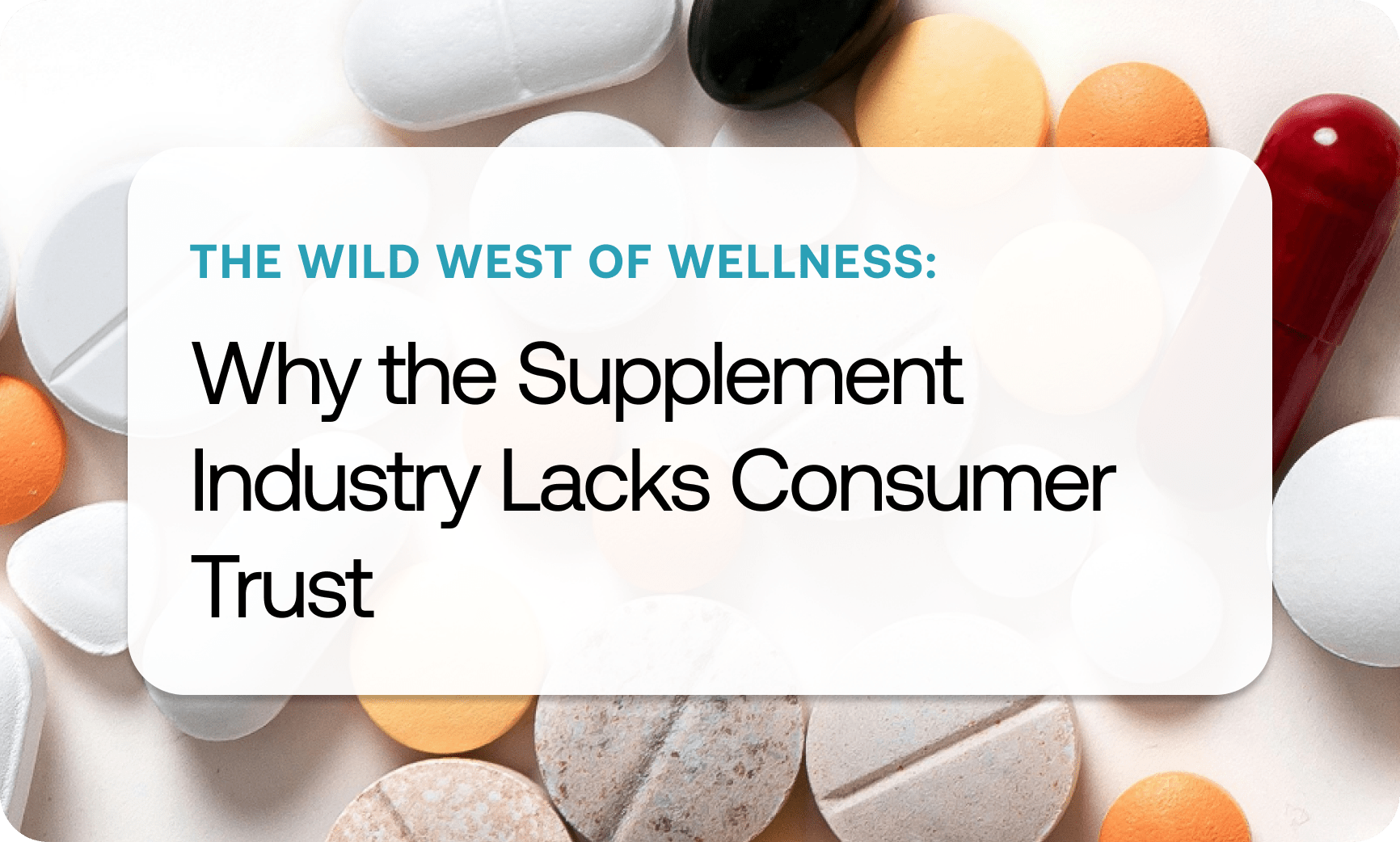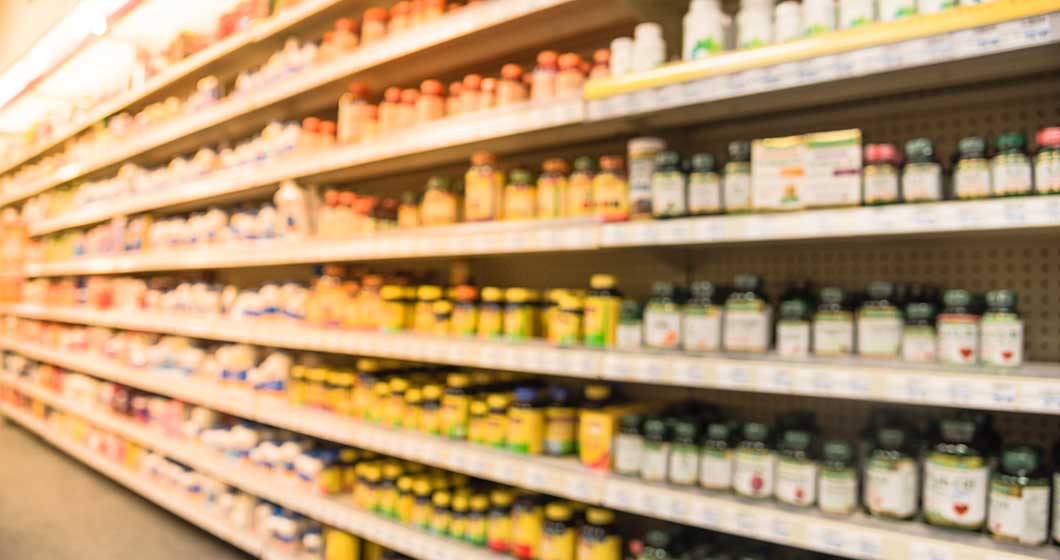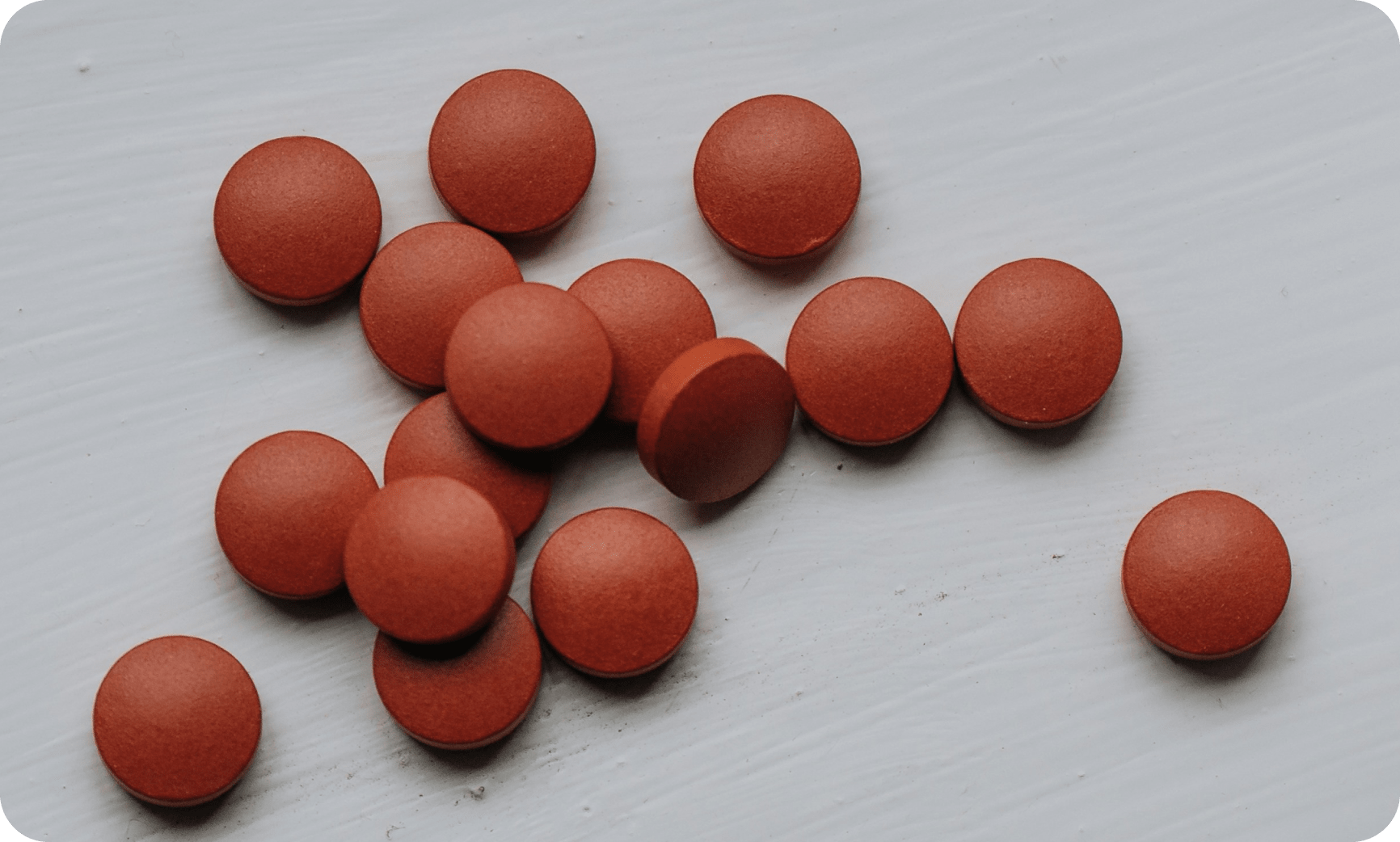Science Corner 04 | The Wild West of Wellness

Let's cut through the marketing fluff and face facts about the $50 billion supplement industry. With hundreds of thousands of products flooding the market, you deserve to know what you're actually swallowing.
Unlike medications, supplements don't need FDA approval before hitting shelves. Companies self-certify their compliance with "Good Manufacturing Practices" with virtually no verification.
This means anyone can launch a supplement. Find a manufacturer online, and within weeks you could be selling unverified pills on Amazon. The FDA only intervenes after problems emerge—and must prove harm before acting.

The Dangerous NDI Loophole
The most alarming issue is the "New Dietary Ingredient" (NDI) exception being systematically exploited. While companies should notify the FDA when introducing ingredients not used before 1994, 75% enter the market without any notification whatsoever.
Companies bypass this requirement through the GRAS loophole (Generally Recognized As Safe), essentially self-determining their ingredients as "safe" based on cherry-picked evidence. No external verification required!
This isn't just cutting corners—it's conducting uncontrolled experiments with your body. These ingredients haven't been properly vetted for safety or potential drug interactions.
Quality Control Failures You Should Know About
Without standardized testing requirements, what's in your bottle is largely guesswork:
Vitamin D3 pills containing anywhere from 9% to 140% of the claimed dosage
"Natural" male enhancement supplements secretly contained prescription drugs like sildenafil, creating potentially life-threatening interactions
Ginkgo supplements containing little to no actual ginkgo extract
Protein powders delivering significantly less protein than labeled, directly impacting your nutrition goals
Many companies use "skip-lot testing"—checking only some batches instead of every one. Would you fly if mechanics only inspected "some" engines?

Hidden Dangers in Your "Health" Pills
Beyond missing ingredients, many supplements contain potentially harmful additives:
Titanium dioxide (banned in EU food for DNA damage concerns)
Artificial dyes linked to behavioral issues
Preservatives with suspected hormone-disrupting effects
Demand Better
Until regulators overhaul the outdated DSHEA framework and close the NDI and GRAS loopholes, profit will continue trumping safety. Your health is too important for guesswork. Trust should be earned through verification, not clever marketing.
The supplement industry needs accountability—and you deserve better than a system built on hope rather than evidence. And that is why we built TrustScore.
--
Personal note from Jordan
When I read nutrition facts on my food packaging, I feel empowered to make informed choices about my health. Shouldn't our supplements offer the same transparency? As a scientist, I am passionate about creating a world where we all have access to this information—not because we're skeptical, but because we're strategic about our wellness journey. Your body deserves ingredients you can trust and verify. Let's raise the standard together and transform how we approach supplement quality!
